
Explaining the moral of the story of the person seeking (the lost) camel. شرح فایده ی حکایت آن شخص شتر جوینده
اشتری گم کردهای ای معتمد
هر کسی ز اشتر نشانت میدهد
You have lost a camel, O trusty (friend), and every one is giving you a clue to the camel.
تو نمیدانی که آن اشتر کجاست
لیک دانی کاین نشانیها خطاست
You know not where the camel is, but you know that these clues are wrong.
و انکه اشتر گم نکرد او از مری
همچو آن گم کرده جوید اشتری
And he that has not lost a camel he (too) in contention seeks a camel, just like him who has (really) lost it,
که بلی من هم شتر گم کردهام
هر که یابد اجرتش آوردهام
Saying, “Yes; I too have lost a camel: I have brought a reward for any one who may find it.”
تا در اشتر با تو انبازی کند
بهر طمع اشتر این بازی کند
(He says this) that he may take a partner’s share with you in the camel: he plays this trick because of coveting the camel.
هر چه را گویی خطا بود آن نشان
او به تقلید تو میگوید همان
If you say to any one, “That clue was false,” he (the pretender), in imitation of you, says the same.
او نشان کژ بنشناسد ز راست
لیک گفتت آن مقلد را عصاست
He does not know wrong clues from right, but your words are a cue to that imitator.
چون نشان راست گویند و شبیه
پس یقین گردد ترا لا ریب فیه
When they mention right and likely clues, then comes to you the certainty in which there is no doubt.
آن شفای جان رنجورت شود
رنگ روی و صحت و زورت شود
That (clue) becomes balm to your sick soul; it becomes (brings) colour to your face and health and strength to you.
چشم تو روشن شود پایت دوان
جسم تو جان گردد و جانت روان
Your eye becomes bright, your foot nimble; your body becomes (the vital) soul, and your (vital) soul (the rational) spirit.
پس بگویی راست گفتی ای امین
این نشانیها بلاغ آمد مبین
Then you will say, “O trusted (friend), you have spoken the truth: these clues are a clear deliverance (communication and message).
فیه آیات ثقات بینات
این براتی باشد و قدر نجات
Therein are (manifest) signs, sure informations, (distinct) evidences: this is a title-deed and an ordainment of salvation.”
این نشان چون داد گویی پیش رو
وقت آهنگ است پیش آهنگ شو
When he has given this clue, you will say, “Go before (me)! It is time for (setting out on) the enterprise: be thou the leader!
پی روی تو کنم ای راست گو
بوی بردی ز اشترم بنما که کو
I will follow thee, O truth-teller: thou hast got scent of my camel: show (me) where (it is).”
پیش آن کس که نه صاحب اشتری ست
کاو در این جست شتر بهر مری ست
(But) to that person who is not the owner of a camel, and who is (engaged) in this quest of the camel for contention’s sake.
زین نشان راست نفزودش یقین
جز ز عکس ناقه جوی راستین
His certainty is not increased by this right clue, save through reflexion from the true camel-seeker.
بوی برد از جد و گرمیهای او
که گزافه نیست این هیهای او
From his (the latter’s) earnestness and ardour he (the imitator) gets a scent (inkling) that these wild outcries of his are not (mere) babble.
اندر این اشتر نبودش حق ولی
اشتری گم کرده است او هم بلی
He (the imitator) had no just claim to this camel, but he too has lost a camel; yes, (he has).
طمع ناقهی غیر رو پوشش شده
آنچ ازو گم شد فراموشش شده
Desire for another’s camel has become a veil to him, (so that) he has forgotten what he (himself) has lost.
هر کجا او میدود این میدود
از طمع هم درد صاحب میشود
Wherever he (the owner) runs, this one (the imitator) runs: from cupidity, he becomes a partner in the owner’s pain.
کاذبی یا صادقی چون شد روان
آن دروغش راستی شد ناگهان
When a liar sets out (to journey) with a truthful man, his falsehood turns to truth of a sudden.
اندر آن صحرا که آن اشتر شتافت
اشتر خود نیز آن دیگر بیافت
In the desert whither that camel had hastened, the other one (the imitator) also found his own camel.
چون بدیدش یاد آورد آن خویش
بیطمع شد ز اشتر آن یار و خویش
As soon as he saw it, he remembered his own, and ceased to covet the camel of that friend and kinsman.
آن مقلد شد محقق چون بدید
اشتر خود را که آن جا میچرید
That imitator became a true searcher when he saw his camel browsing there.
او طلب کار شتر آن لحظه گشت
مینجستش تا ندید او را به دشت
(Only) at that moment did he become a seeker of the camel: he was never (truly) seeking it till he saw it in the desert.
بعد از آن تنها روی آغاز کرد
چشم سوی ناقهی خود باز کرد
After that, he began to go alone: he opened his eyes (and went) towards his own camel.
گفت آن صادق مرا بگذاشتی
تا به اکنون پاس من میداشتی
The sincere one said, “You have left me, (although) till now you were paying regard to me.”
گفت تا اکنون فسوسی بودهام
وز طمع در چاپلوسی بودهام
He replied, “Hitherto I have been an idle scoffer and, from cupidity, have been (engaged) in flattering (thee);
این زمان هم درد تو گشتم که من
در طلب از تو جدا گشتم به تن
(But) now, when corporeally I have become parted from thee in the search, I have become sympathetic with thee (in spirit).
از تو میدزدیدمی وصف شتر
جان من دید آن خود شد چشم پر
I was stealing the camel’s description from thee; (but when) my spirit saw its own camel, it had its eye filled (with seeing).
تا نیابیدم نبودم طالبش
مس کنون مغلوب شد زر غالبش
Till I found it, I was not seeking it; now the copper is overcome, the gold overpowers it.
سیئاتم شد همه طاعات شکر
هزل شد فانی و جد اثبات شکر
My evil deeds have become pious acts entirely thanks (to God)! Jest is vanished and earnest is realized thanks (to God)!
سیئاتم چون وسیلت شد به حق
پس مزن بر سیئاتم هیچ دق
Since my evil deeds have become the means of (my) attaining unto God, do not, then, throw any blame on my evil deeds.
مر ترا صدق تو طالب کرده بود
مر مرا جد و طلب صدقی گشود
Thee thy sincerity had made a seeker; for me, toil and search opened (the way to) a sincere feeling.
صدق تو آورد در جستن ترا
جستنم آورد در صدقی مرا
Thy sincerity led thee to seek; my seeking led me to a feeling of sincerity.
تخم دولت در زمین میکاشتم
سخره و بیگار میپنداشتم
I was sowing the seed of fortune in the earth, (though) I fancied it was labour without wages and hire.
آن نبد بیگار کسبی بود چست
هر یکی دانه که کشتم صد برست
“Twas not labour without hire; ’twas an excellent earning: (for) every grain that I sowed, a hundred grew.
دزد سوی خانهای شد زیر دست
چون در آمد دید کان خانهی خود است
The thief went underhand (by stealth) to a certain house: when he entered, he saw that it was his own house.”
گرم باش ای سرد تا گرمی رسد
با درشتی ساز تا نرمی رسد
Be hot, O cold one, that heat may come: put up with roughness, that ease may come.
آن دو اشتر نیست آن یک اشتر است
تنگ آمد لفظ معنی بس پر است
That (subject of my discourse) is not two camels; it is a single camel. Verbal expression is confined, the meaning (to be expressed) is very full.
لفظ در معنی همیشه نارسان
ز آن پیمبر گفت قد کل لسان
The expression always fails to reach the meaning; hence the Prophet said, “(Whoso knows God), his tongue falters.”
نطق اصطرلاب باشد در حساب
چه قدر داند ز چرخ و آفتاب
Speech is (like) an astrolabe in (its) reckoning: how much does it know of the sky and the sun?
خاصه چرخی کاین فلک زو پرهای است
آفتاب از آفتابش ذرهای است
Especially, of that Sky whereof this heaven is (no more than) a blade of straw; (that Sky) of whose Sun the (terrestrial) sun is (but) a mote?
Special Offers
by: Reza about (category: Masnavi)


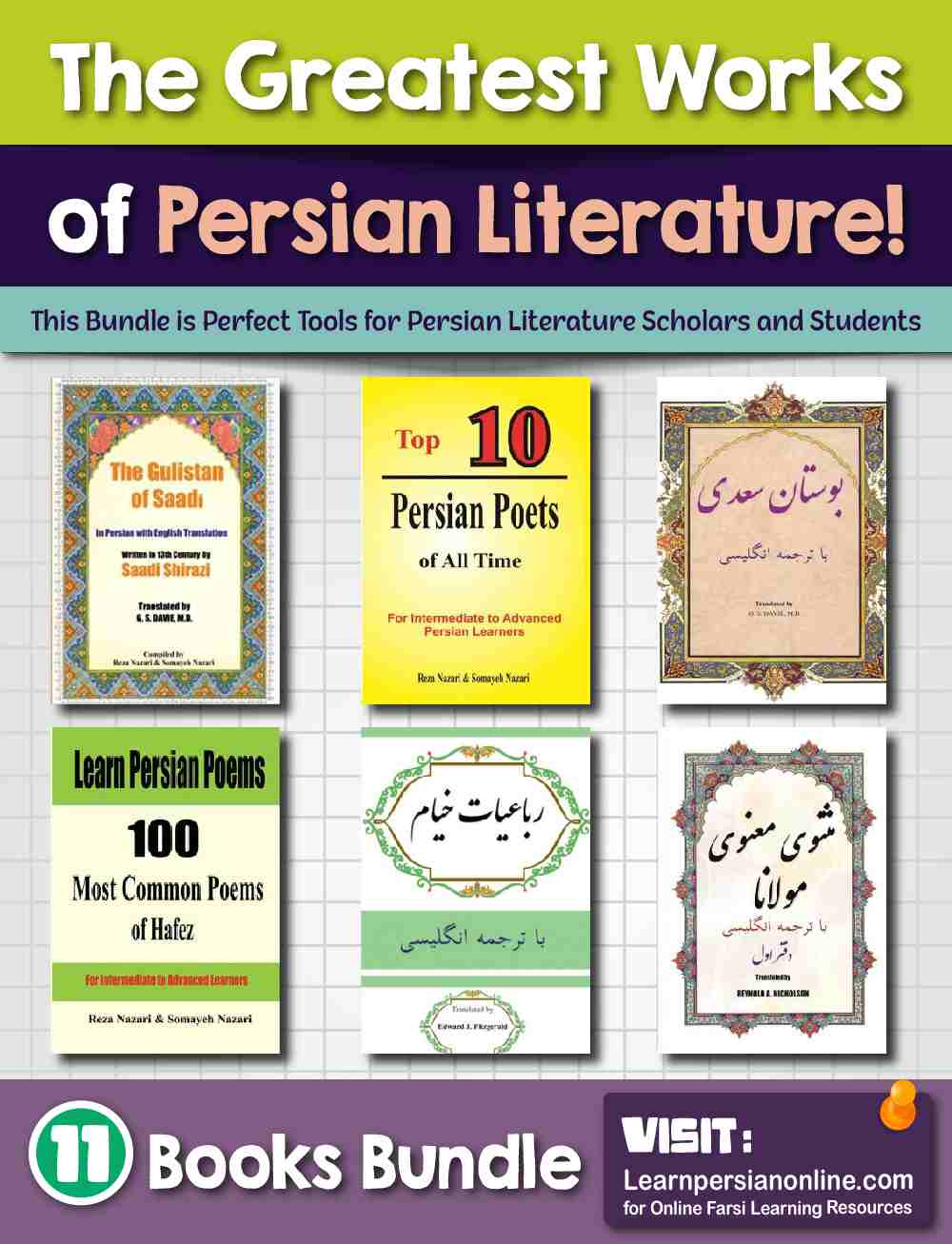
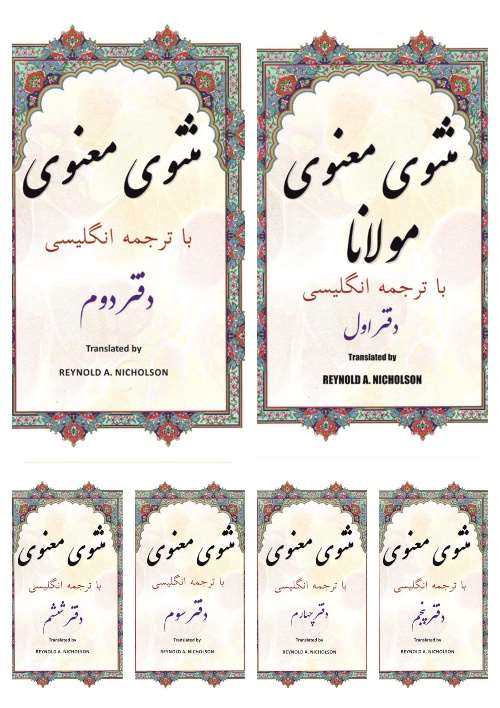
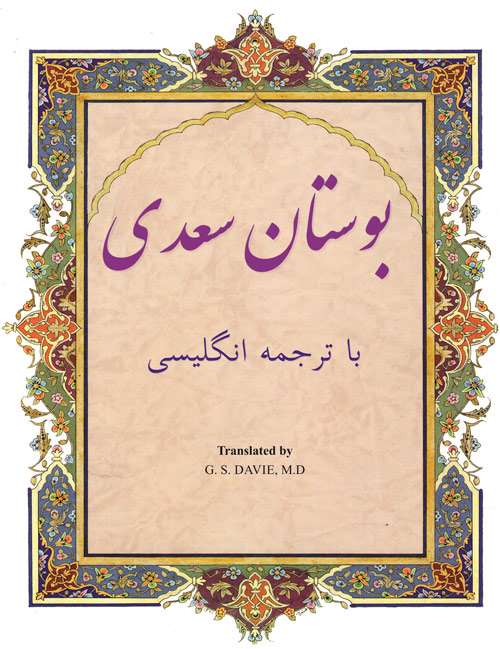
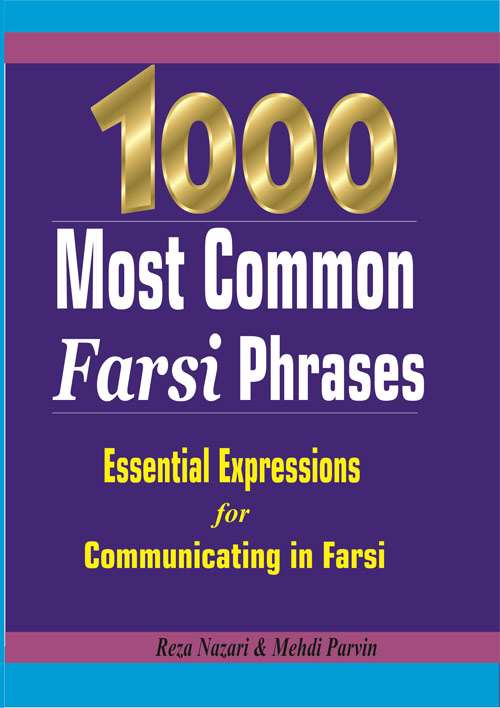
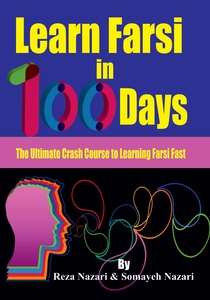






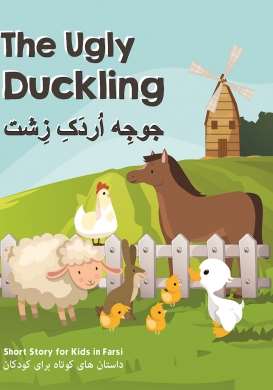
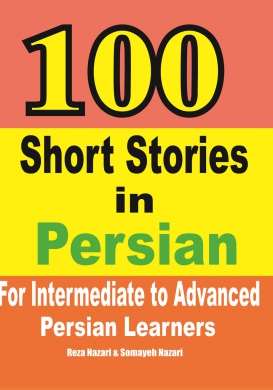
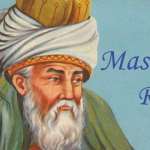
What people say about "Explaining the moral of the story"?
No one replied yet.